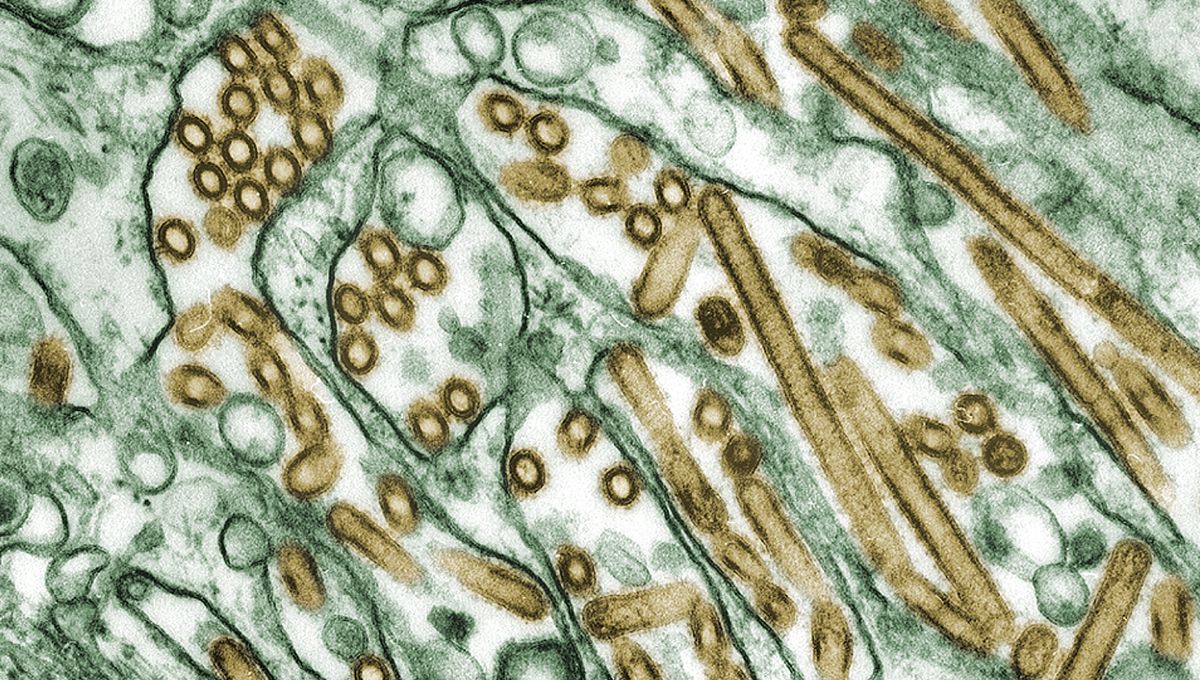
Officials from the Louisiana Department of Health have announced the death of a patient hospitalized with H5N1 bird flu, the first such case in the United States.
The patient – who was over 65 years old and reported to have underlying medical conditions – had previously become the first known person in the US with a severe case of the viral infection, thought to be contracted after exposure to both a backyard flock and wild birds.
“While tragic, a death from H5N1 bird flu in the United States is not unexpected because of the known potential for infection with these viruses to cause severe illness and death,” said the Centers for Disease Control and Prevention (CDC) in a statement.
Milder symptoms of bird flu can include mild fever, a sore throat, a stuffy nose, and red irritated eyes. In severe cases, infection can lead to complications such as respiratory and kidney failure, sepsis, and inflammation of the brain.
H5N1 is what’s known as a highly pathogenic form of bird flu; though this primarily means that it’s often severe or deadly in poultry, the virus is also considered to be particularly dangerous to humans. Out of the 954 confirmed H5N1 cases reported to the World Health Organization between 2003 and 2024, just under half resulted in death.
Nevertheless, the CDC has said that the risk of members of the general public contracting the virus “remains low” and no further human cases of H5N1 bird flu have been identified in Louisiana.
The US saw 66 confirmed human cases of H5N1 bird flu in 2024; 40 of the cases were linked to dairy cattle herds, 23 to poultry farms and culling facilities, 1 to other animal exposure, and 2 cases had an unknown source of exposure.
There’s yet to be any evidence of transmission between humans, though the CDC has said is continually “monitoring for changes that might suggest H5 viruses are becoming better adapted to mammals and therefore might spread more easily from animals-to-humans or human-to-human or cause more severe disease.”
In the meantime, the advice being given to the public is to avoid sources of exposure as much as is possible.
“People should avoid direct contact with wild birds and other animals infected with or suspected to be infected with avian influenza A viruses,” the CDC advises. “If you must have direct/close contact with infected or potentially infected birds or other animals, wear recommended personal protective equipment (PPE).”
The content of this article is not intended to be a substitute for professional medical advice, diagnosis, or treatment. Always seek the advice of qualified health providers with questions you may have regarding medical conditions.
Source Link: First Bird Flu-Related Human Death In US Reported In Louisiana